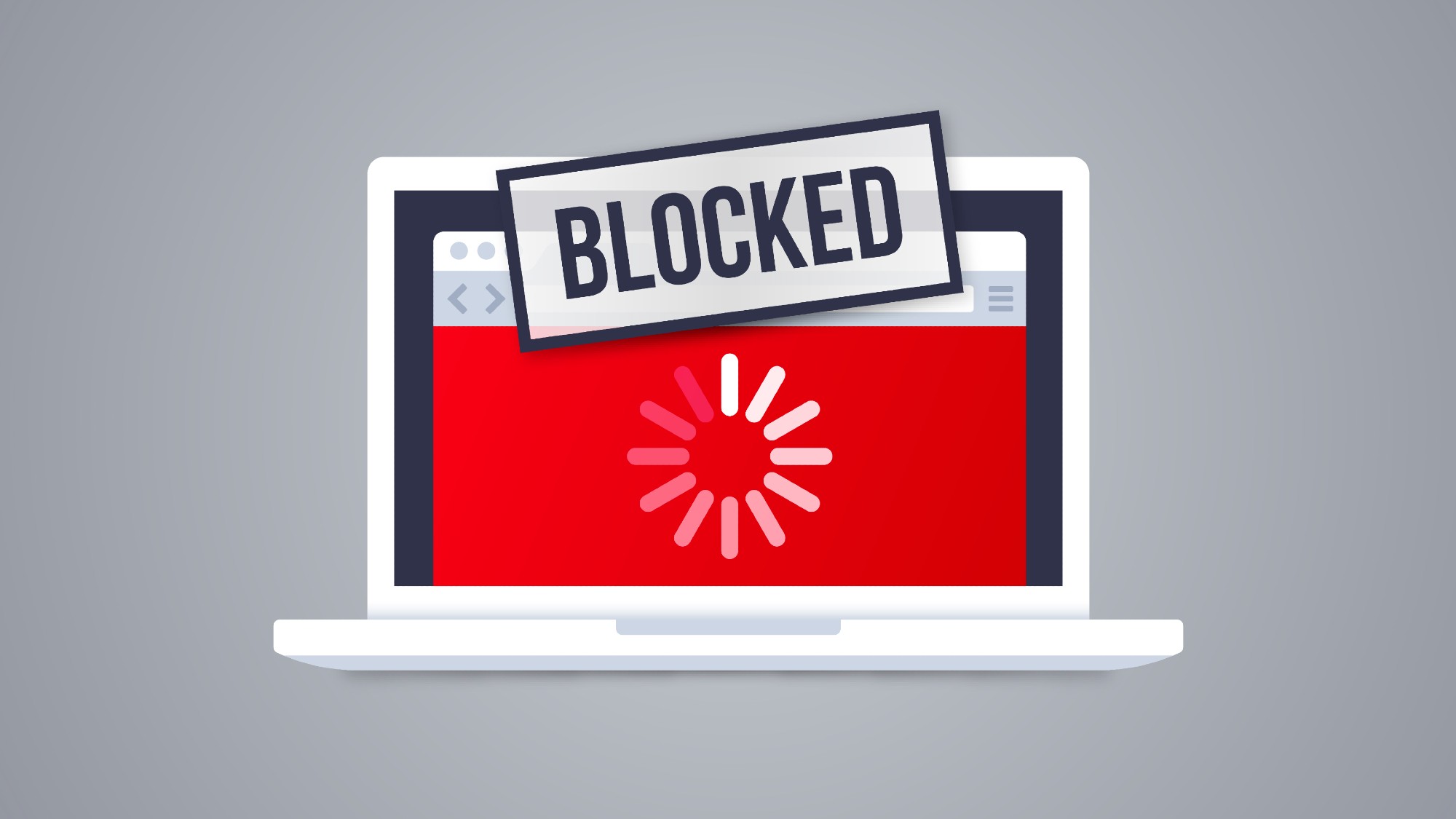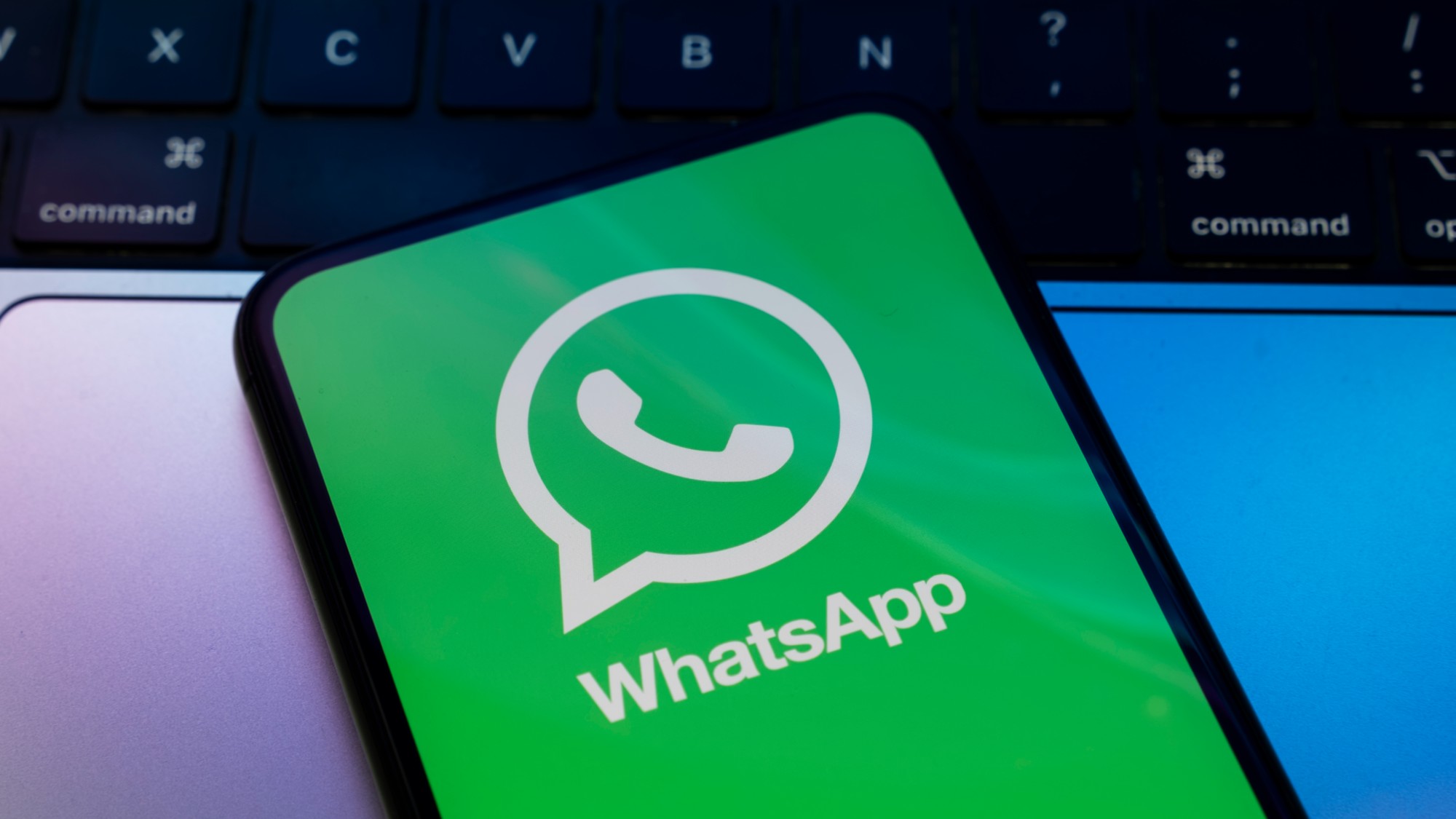Net neutrality is back. And so is the battle over it.
Old internet rules are being reinstated, but the internet has changed since last time


A free daily email with the biggest news stories of the day – and the best features from TheWeek.com
You are now subscribed
Your newsletter sign-up was successful
Net neutrality used to be a thing. Then it wasn't. Now it is again. The Federal Communications Commission on Thursday voted to restore the Obama-era internet regulations known as "net neutrality," The New York Times said, after they were repealed during the Trump Administration. The controversial new-old rules aim to prevent internet service providers "from blocking or degrading the delivery of services from competitors like Netflix and YouTube." Net neutrality means all internet users should have unrestricted access to web content.
Will internet users see a difference? Probably not. Net neutrality's "reinstatement isn't expected to noticeably change users' online experience," said The Associated Press, thanks largely to state-level net neutrality rules passed before the federal repeal. But supporters said it is important to enshrine the principle, and that the "company that connects you to the internet does not get to control what you do on the internet," said the advocacy group Public Knowledge.
Critics believe the new rules "solve a problem that has not been particularly pervasive," said The Hill. When the original net neutrality rules were overturned in 2017, there were predictions that providers like Comcast and Xfinity would "throttle" (aka slow down on purpose) services like YouTube for competitive or financial reasons. That didn't happen. "None of the apocalyptic predictions came to pass," said Republican FCC Commissioner Brendan Carr. But this doesn't mean the fight is over: The FCC's move is "likely to prompt lawsuits from industry groups," The Hill said.
The Week
Escape your echo chamber. Get the facts behind the news, plus analysis from multiple perspectives.

Sign up for The Week's Free Newsletters
From our morning news briefing to a weekly Good News Newsletter, get the best of The Week delivered directly to your inbox.
From our morning news briefing to a weekly Good News Newsletter, get the best of The Week delivered directly to your inbox.
'How the internet has always worked'
"Why does the FCC need this power?" The Wall Street Journal said in an editorial. It's already the case that providers "don't block, throttle or charge more to speed up sites." The new rules, however, give the FCC "sweeping political control over the internet." The truth is that there is "no legal, economic or equity justification" for reimposing net neutrality regulations. The new rules instead are "about asserting political control over more of the private economy — no matter the consequences."
The new rules establish that the FCC has the authority "to step in when internet service providers are blocking or interfering with the free flow of information online," Craig Aaron said at The Seattle Times. Telecom companies will challenge the rule, even though polls say net neutrality rules are popular on "the political left, right and center." Americans have come to expect internet service without throttling or other gatekeeping imposed by providers. "Net neutrality is so necessary because it's how the internet has always worked," Aaron added.
One complication: The internet of 2024 is different from the internet of the Obama Administration. Now the question of where the internet "begins and ends has become murkier," The Washington Post said. The online world has moved from desktops to phones and a "growing number of items connected to the internet, from robot vacuum cleaners to entire factories." The new rules allow "fast lanes" for enterprise services, and critics say that might create a loophole "large enough to exempt a significant chunk of the internet from regulation."
Spam texts, AI also regulated
Thursday's vote goes beyond net neutrality. The measure "redefined internet service as similar to legacy telephone lines," CNN said, giving the FCC more power to regulate "spam robotexts, internet outages, digital privacy and expanding high-speed internet access." FCC Chair Jessica Rosenworcel said the measure would also keep providers from selling consumer data or using it to train artificial intelligence models.
A free daily email with the biggest news stories of the day – and the best features from TheWeek.com
Advocates insist that greater reach is necessary because the internet has become so much more pervasive, and home access to it so much more necessary following COVID-19. "The landscape of communications dynamics shifted violently for U.S. workers in the post-pandemic era," said Wired, but Americans in most communities have little control over the quality of internet services they receive because there are so few providers — they're "locked" into a "de facto monopoly." Americans "need broadband to reach 100% of us," Rosenworcel said, "and we need it fast, open and fair."
Joel Mathis is a writer with 30 years of newspaper and online journalism experience. His work also regularly appears in National Geographic and The Kansas City Star. His awards include best online commentary at the Online News Association and (twice) at the City and Regional Magazine Association.
-
 Antonia Romeo and Whitehall’s women problem
Antonia Romeo and Whitehall’s women problemThe Explainer Before her appointment as cabinet secretary, commentators said hostile briefings and vetting concerns were evidence of ‘sexist, misogynistic culture’ in No. 10
-
 Local elections 2026: where are they and who is expected to win?
Local elections 2026: where are they and who is expected to win?The Explainer Labour is braced for heavy losses and U-turn on postponing some council elections hasn’t helped the party’s prospects
-
 6 of the world’s most accessible destinations
6 of the world’s most accessible destinationsThe Week Recommends Experience all of Berlin, Singapore and Sydney
-
 How the FCC’s ‘equal time’ rule works
How the FCC’s ‘equal time’ rule worksIn the Spotlight The law is at the heart of the Colbert-CBS conflict
-
 ‘Poor time management isn’t just an inconvenience’
‘Poor time management isn’t just an inconvenience’Instant Opinion Opinion, comment and editorials of the day
-
 Big-time money squabbles: the conflict over California’s proposed billionaire tax
Big-time money squabbles: the conflict over California’s proposed billionaire taxTalking Points Californians worth more than $1.1 billion would pay a one-time 5% tax
-
 Did Alex Pretti’s killing open a GOP rift on guns?
Did Alex Pretti’s killing open a GOP rift on guns?Talking Points Second Amendment groups push back on the White House narrative
-
 Washington grapples with ICE’s growing footprint — and future
Washington grapples with ICE’s growing footprint — and futureTALKING POINTS The deadly provocations of federal officers in Minnesota have put ICE back in the national spotlight
-
 Trump’s Greenland ambitions push NATO to the edge
Trump’s Greenland ambitions push NATO to the edgeTalking Points The military alliance is facing its worst-ever crisis
-
 ‘The economics of WhatsApp have been mysterious for years’
‘The economics of WhatsApp have been mysterious for years’Instant Opinion Opinion, comment and editorials of the day
-
 Why is Trump threatening defense firms?
Why is Trump threatening defense firms?Talking Points CEO pay and stock buybacks will be restricted
